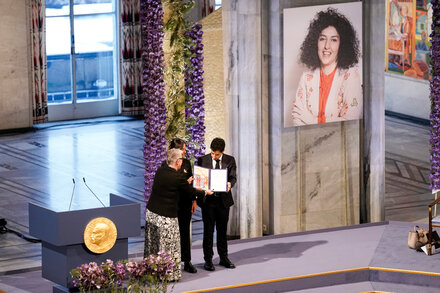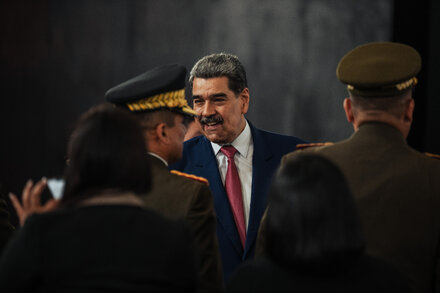The relationship between former President Donald Trump and former FBI Director James Comey was characterized by a rapid succession of public disputes, private interactions, and ultimately, a dramatic dismissal that sent ripples through American politics. What began as a professional and somewhat conventional dynamic quickly transformed into a deeply personal and politically charged saga, influencing the course of investigations into Russian interference in the 2016 presidential election.
The Campaign and Transition (2016 – Early 2017)
The initial significant overlap between Trump and Comey occurred during the highly contentious 2016 presidential campaign. In July 2016, then-FBI Director Comey held a press conference to announce the FBI’s findings regarding Hillary Clinton’s use of a private email server while Secretary of State. While he stated that “no reasonable prosecutor would bring such a case,” he also famously characterized her conduct as “extremely careless.” This assessment drew immediate criticism from both sides of the political spectrum.
Months later, in late October 2016, just days before the general election, Comey informed Congress that the FBI had reopened its investigation into Clinton’s emails due to new evidence discovered on a separate device. This decision, made in the final stretch of the campaign, was met with intense backlash from the Clinton campaign, which argued it unfairly impacted the election. Just two days before the election, Comey again informed Congress that the new review had not altered the FBI’s previous conclusions.
Following Donald Trump’s unexpected victory, James Comey remained in his position as FBI Director. In January 2017, ahead of Trump’s inauguration, Comey briefed the President-elect on sensitive intelligence, including unverified allegations from the Steele dossier concerning his ties to Russia.
Early Presidency and Growing Tensions (January – May 2017)
The initial months of the Trump administration saw a rapid escalation of tensions between the President and the FBI Director. In a private dinner on January 27, 2017, President Trump reportedly asked Comey for a pledge of loyalty. Comey later testified that he offered “honesty” but not “loyalty” in the political sense, feeling the request crossed a line.
Throughout February and March, Trump publicly expressed skepticism about the FBI’s investigation into Russian interference and alleged contacts between his campaign and Moscow. On March 20, 2017, Comey publicly confirmed for the first time that the FBI was conducting an investigation into possible coordination between the Trump campaign and Russian efforts to influence the 2016 election. This testimony before the House Intelligence Committee directly contradicted earlier public statements from the White House, which had dismissed the claims as “fake news.”
The Firing and Aftermath (May 2017 Onwards)
The relationship reached its breaking point on May 9, 2017, when President Trump abruptly fired James Comey. The White House initially stated that Comey was dismissed based on recommendations from Attorney General Jeff Sessions and Deputy Attorney General Rod Rosenstein, citing his handling of the Clinton email investigation. However, just days later, in an interview with NBC News, President Trump offered a different rationale.
“Regardless of recommendation, I was going to fire Comey,” President Trump told NBC News. “And in fact, when I decided to just do it, I said to myself, I said, ‘You know, this Russia thing with Trump and Russia is a made-up story, it’s an excuse by the Democrats for having lost an election.'”
Comey’s firing sent shockwaves through Washington and immediately raised questions about potential obstruction of justice. Shortly after, Comey himself detailed his interactions with the President in a series of memos, which he later testified about before the Senate Intelligence Committee in June 2017. During his testimony, Comey described several private conversations with Trump, including the alleged loyalty demand and a request to drop the investigation into former National Security Advisor Michael Flynn.
“I was honestly concerned that he might lie about the nature of our meeting, so I thought it important to document,” Comey testified before the Senate Intelligence Committee regarding his memos. He also stated, “The President creates a situation where you feel a need to document, to protect yourself.”
Comey’s testimony, which provided detailed accounts of his interactions with the President, intensified scrutiny of the administration’s actions. On May 17, 2017, Deputy Attorney General Rod Rosenstein appointed Robert Mueller as a Special Counsel to oversee the investigation into Russian interference and any related matters, including potential obstruction of justice. This appointment marked a new, highly anticipated chapter in the ongoing investigations, with the tumultuous Trump-Comey dynamic serving as a crucial catalyst.
Source: Read the original article here.





